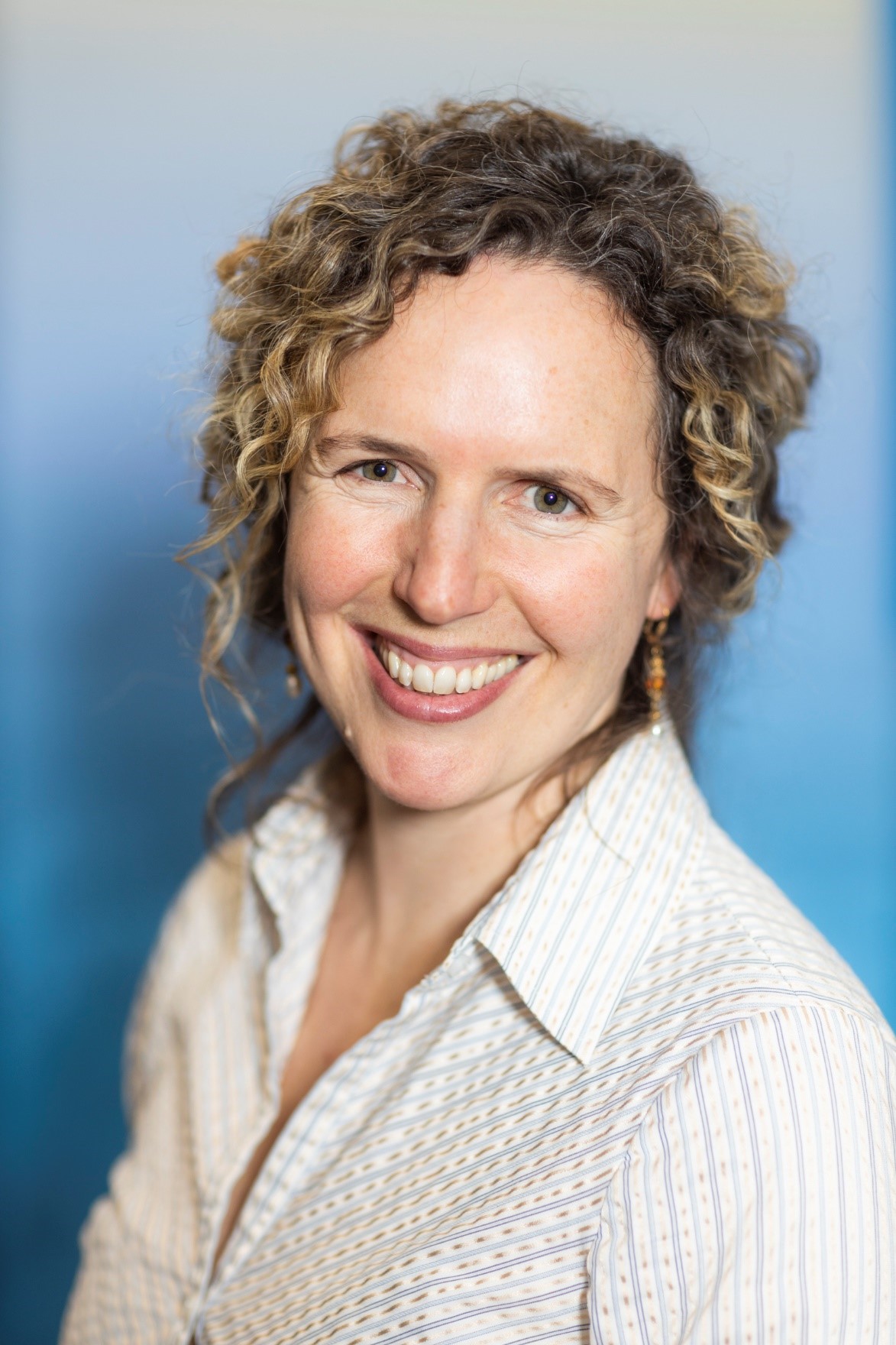Permafrost Thaw and Methane Release from Arctic Lakes

Dr. Anthony's work includes looking at environmentally responsible ways methane gas can be used for local communities who are dependent on imported energy sources. Anyone interested in learning about unconventional gas sources and the role they play in climate change should attend this talk.
— Claudia Flores, MESM 2021
Abstract
Permafrost thaw beneath Arctic lakes leads to large emissions of methane, a potent greenhouse gas to the atmosphere. In turn, methane contributes to global climate warming, which leads to more permafrost thaw in a positive feedback cycle. This talk will uncover natural sources of methane in Arctic lakes, which come from both the organic matter decay activity of microoganisms in lake bottoms and from geologic sources deep within the Earth. This talk will also present mechanisms of carbon sequestration by the same permafrost thaw lakes, a natural process that mitigates greenhouse gas losses, and over the long term can lead to net climate cooling. I will consider the important balance between positive and negative feedbacks in fate of thermokarst lakes and climate change in the past (since the last deglaciation), present, and future (until year 2100).
Bio
Professor Katey Walter Anthony is an aquatic ecologist at the University of Alaska Fairbanks. She has extensive experience in Russia and is a former member of the National Academies Polar Research Board. Her work on methane emissions from arctic lakes has been published in scientific journals such as Nature, Science, Nature Geoscience, and Scientific American. She has reported to U.S. senators, former Alaska Governor Sarah Palin, the U.S. National Academies of Science, and U.S. White House. Her work has been broadly featured by National Geographic, National Public Radio, HBO, 60 Minutes, History Channel, Discovery Channel and the BBC.